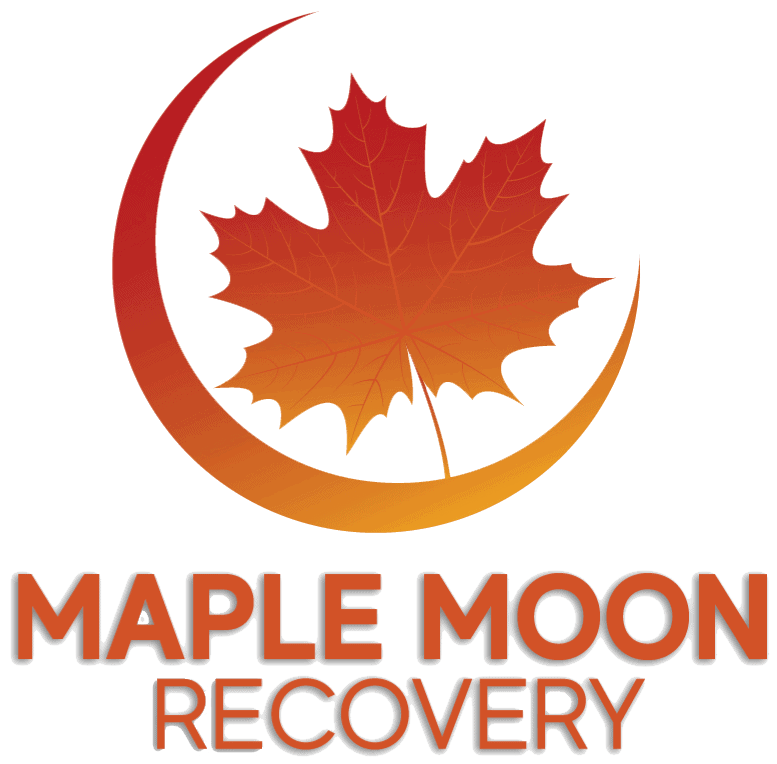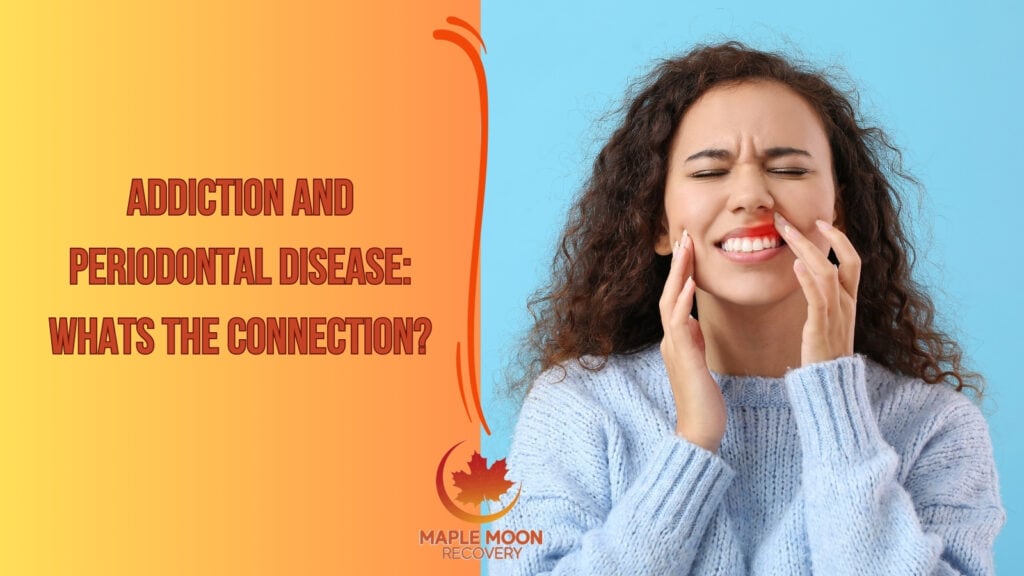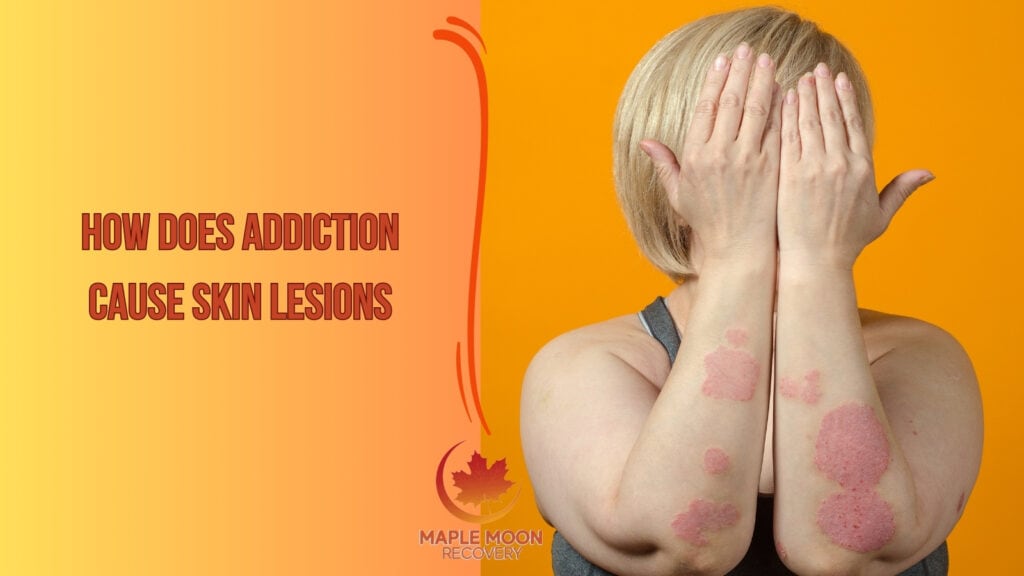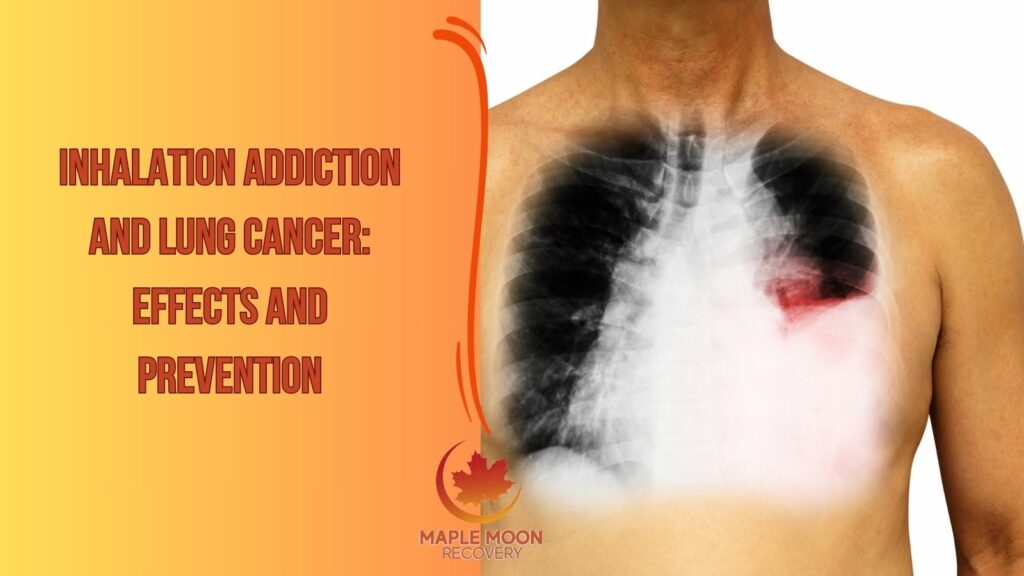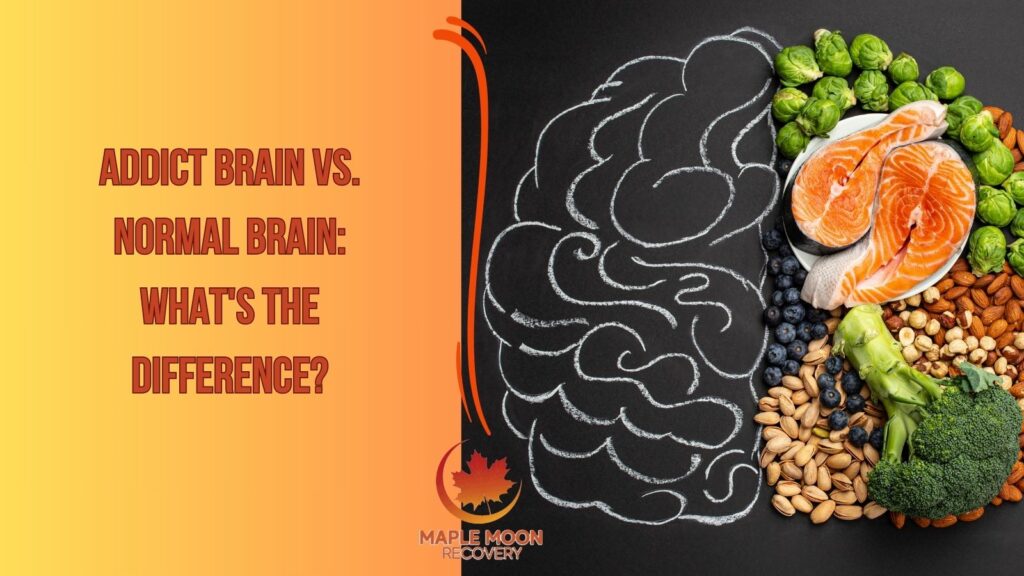According to the American Psychiatric Association (APA), addiction, now clinically called Substance use disorder is the compulsive and uncontroiled use of a substance despite physical, psychological and behavioral harm to the user. Addiction therefore harms the body in many ways, affecting everything from the heart and lungs to fertility, digestion, and bones. It’s no surprise then, that using drugs like cocaine, meth, alcohol, or even marijuana can also lead to oral health problems.
However, it’s not always clear-cut. People with substance use disorders often use multiple substances and often neglect healthy habits. They might drink sugary drinks, skip meals, avoid dental care, and have poor oral hygiene. All these factors damage oral health, making it hard to pinpoint one substance as the sole culprit.
The relationship between addiction and periodontal health can be likened to a vicious cycle. The National Institute on Drug Abuse (NIDA) reports that individuals with substance use disorders are 2-3 times more likely to have periodontal disease compared to those without SUD. On the other hand, the Centers for Disease Control and Prevention (CDC) states that adults with severe periodontitis have 6 times higher odds of having ever used illicit drugs compared to those without.
What is Periodontal Disease?
Periodontal disease, also known as gum disease, is a chronic inflammatory condition that affects the tissues surrounding and supporting your teeth, according to the American Academy of Periodontology (AAP). It starts with gingivitis, which is inflammation of the gums caused by plaque buildup. Plaque is a sticky film containing bacteria that forms on your teeth throughout the day. There are 2 stages of periodontal disease.
Gingivitis: The Early Warning Sign
This initial stage of gum disease is often painless, but some telltale signs exist. The most common symptoms are like
- Red, swollen, or puffy gums that may appear inflamed.
- Gums that bleed easily when brushing or flossing.
- Gums that pull away from the teeth, creating pockets.
- Bad breath (halitosis) that won’t go away with brushing.
Gingivitis is completely reversible with good oral hygiene practices. Brushing twice a day, flossing daily, and scheduling regular dental cleanings can eliminate the harmful plaque and reverse the inflammation.
Periodontitis: When the Fight Gets Serious
However, if gingivitis is left untreated, it can progress to a more severe stage called periodontitis. This is where things get serious. Periodontitis isn’t just about inflamed gums anymore; it signifies an infection that starts to damage the underlying bone supporting your teeth. As the disease advances, the following signs may become manifest.
- Receding gums: The gums pull away further from the teeth, exposing more of the root surface.
- Loose teeth: As the bone supporting the teeth weakens, teeth may become loose and eventually fall out.
- Increased pus production: Pockets between the teeth and gums deepen, allowing for more bacteria accumulation and pus formation.
- Severe pain and discomfort: In advanced stages, periodontitis can cause significant pain and chewing difficulties.
What is the Connection between Addiction and Periodontal Disease?
Periodontal disease, also known as gum disease, is a serious infection that attacks the tissues supporting your teeth. While plaque buildup caused by poor oral hygiene is the main culprit, addiction significantly increases the risk of developing this condition. The relationship between addiction and gum disease is complex, with both direct and indirect effects at play.
Direct Effects of Specific Substances
Certain substances have a demonstrably negative impact on gum health. Marr J. and Spilberg I. published an article titled ‘A mechanism for decreased resistance to infection by gram-negative organisms during acute alcoholic intoxication’ in 1975 that showed that alcohol weakens the body’s ability to fight off gum infections by impairing the function of the immune system and white blood cells. This can leave individuals more susceptible to periodontal disease. Additionally, alcohol can lead to dry mouth, reducing the natural cleansing action of saliva, which further contributes to plaque buildup.
Research by the American Dental Association in 2021 indicates a direct link between marijuana use and periodontal disease, even independent of tobacco use. Data suggests that medium- to long-term cannabis smoking may increase inflammation in the gum tissue and deepen pockets between teeth and gums. These deepened pockets create a more favorable environment for bacterial growth, increasing the risk of infection.
Cocaine use also presents dangers for oral health. Angelillo IF et al. conducted a study titled ‘Dental health in a group of drug addicts in Italy’ in 1991 shows that cocaine like alcohol also predisposes to gum disease via immunosuppressive activities. A review of studies suggests that regular cocaine use can damage gum tissue and increase the risk of tooth erosion.
Opiates, while not directly harming gums themselves, can create a barrier to seeking treatment for dental problems. A study published in the National Library of Medicine reports that opiates may mask the pain from dental problems, leading to delayed treatment and worsening of the condition. Furthermore, tobacco, which is often used alongside other drugs, is a major risk factor for gum disease according to the American Dental Association. Tobacco use is associated with increased gum inflammation, deeper pockets, and bone loss, all of which accelerate the progression of periodontal disease.
Indirect Effects of Addiction
Beyond the direct effects of specific substances, addiction can indirectly contribute to gum disease through several pathways. A Dutch community study documented a high rate of neglected oral hygiene among addicts, with only 36% visiting a dentist within a year and 18% brushing less than once daily. This neglect allows plaque to build up on teeth, creating a breeding ground for bacteria that attack the gums.
Many addicts also struggle with nutritional deficiencies due to poor diets lacking essential nutrients for healthy gums. Harris CK et al in their study ‘Oral health in alcohol misusers’ in 1996, published in Substance Abuse Treatment, Prevention, and Policy found that 21% of alcoholics were malnourished. These deficiencies can weaken the body’s ability to fight off infection and contribute to the development of gum disease.
Additionally, financial constraints or neglecting health due to addiction can limit access to dental checkups and cleanings. Untreated gingivitis, the early stage of gum disease, can progress to periodontitis, a more severe form that can lead to tooth loss.
A Vicious Cycle and the Importance of Dental Care
This creates a vicious cycle. Addiction increases the risk of gum disease, and the discomfort or pain from gum disease can worsen addiction by causing stress and anxiety. For example, someone with severe gum disease might experience pain while eating, leading them to avoid healthy foods and potentially turn to substances to cope with the discomfort.
Prioritizing dental care is crucial for those struggling with addiction. Healthy gums contribute to overall health and well-being. Treating gum disease can alleviate pain and discomfort, improving quality of life. More importantly, addressing dental problems can help manage addiction by reducing stress and discomfort associated with oral health issues. By working collaboratively with a healthcare professional and dentist, people with addiction can improve their oral health and break the cycle of neglect, promoting both physical and mental well-being.
How do prescription medications affect gum health?
Some medications, like antidepressants and painkillers, can cause dry mouth, reducing your saliva’s natural cleansing effect and increasing the risk of plaque buildup. Other medications, like steroids, can elevate blood sugar levels, weakening your immune system’s ability to fight gum infections. Talk to your doctor or dentist if you’re concerned about these side effects.
Are there alternative treatments for gum disease if I struggle with addiction?
Yes! While regular dental care is ideal, there are options. Medicated mouthwashes can help reduce bacteria even with infrequent brushing. Special toothpastes fight bacteria in early gum disease. Diet plays a role too – focus on fruits, vegetables, and whole grains for gum health, and limit sugary foods. Even small improvements like brushing once a day can be beneficial. Discuss a personalized plan with your dentist.
What Are the Common Effects of Inhalation Addiction, such as Smoking, on Periodontal Health and Skin Lesions?
Smoking increases the risk of periodontal disease by promoting inflammation, reducing blood flow to the gums, and compromising the immune system’s ability to fight oral infections. Additionally, smoking can lead to skin damage and premature aging by reducing collagen production, causing skin discoloration, and increasing the risk of skin cancers. While periodontal disease primarily affects oral health, smoking-related skin damage can manifest as skin lesions, wrinkles, and other dermatological issues. Prevention strategies for both periodontal disease and skin lesions involve smoking cessation programs, regular dental hygiene practices, and sun protection measures to maintain oral and skin health.
How does the social stigma surrounding addiction affect dental care?
Fear of judgment, shame, and past negative experiences can prevent people with addiction from seeking dental care. To address this, dental professionals can undergo sensitivity training, and community outreach programs can provide care in a welcoming environment. Peer support programs can also help people with addiction feel more comfortable seeking dental help.
